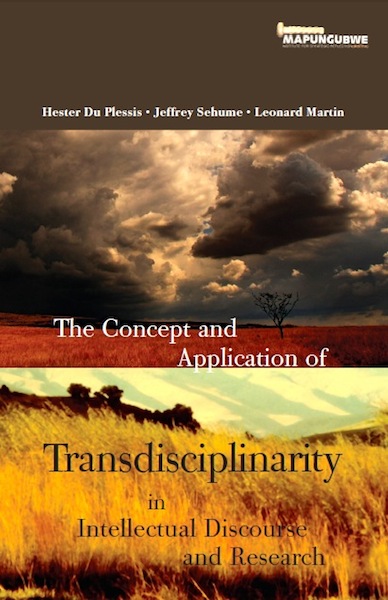Hester Du Plessis, Jeffery Sehume and Leonard Martin. (2013). The Concept and Application of Transdisciplinarity in Intellectual Discourse and Research. Johannesburg, South Africa: Real African Publishers.
Sue L.T. McGregor
 In March 2011, the Mapungubwe Institute for Strategic Reflection (MISTRA) was launched in South Africa, www.mistra.org.za It is an independent research institute (a think tank) that takes a long-term view on the strategic challenges facing South Africa. In case you were wondering, Mapungubwe was a pre-colonial, ancient
In March 2011, the Mapungubwe Institute for Strategic Reflection (MISTRA) was launched in South Africa, www.mistra.org.za It is an independent research institute (a think tank) that takes a long-term view on the strategic challenges facing South Africa. In case you were wondering, Mapungubwe was a pre-colonial, ancient
